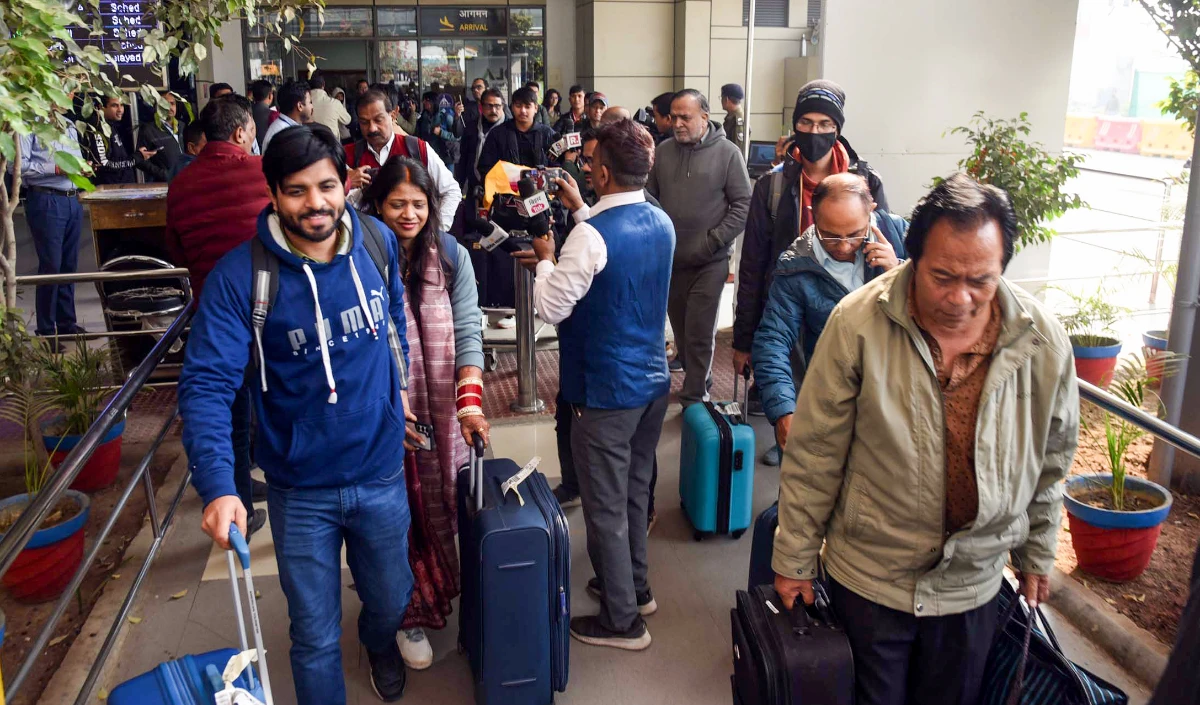The Supreme Court today will hear 73 petitions challenging the constitutionality of the Waqf (Amendment) Act 2025. The bench of Chief Justice of India Sanjeev Khanna, Justice Sanjay Kumar and Justice KV Vishwanathan will hear the petitions at 2 pm. More than seventy petitions have been listed before the bench. AIMIM MP Asaduddin Owaisi, Congress MP Mohammad Javed, RJD MP Manoj Kumar Jha, TMC MP Mahua Moitra, All India Muslim Personal Law Board, Jamiat Ulema-e-Hind, Dravida Munnetra Kazhagam (DMK) Party, Indian Union Muslim League, YSRC Party, all Kerala Jami Khan, Delhi MLA AP Ur Rahman, Imam of Jama Masjid Bengaluru, Communist Party of India, TVK President and Tamil actor Vijay, Association for Protection of Civil Rights etc. are some of the petitioners. The petitions also include two petitions filed by the Hindu parties against the 1995 original Waqf Act, while other question the validity of recent amendments. Some petitioners have also demanded an interim restriction on the Act until the court decides the case.
Also read: Trump’s threats are increasing between India and China! China issued a visa to 85,000 Indians in 4 months
Petitions challenging the Act states that it discriminates against Muslims and violates the fundamental rights of their religion. Meanwhile, seven states have approached the apex court in support of the Act seeking intervention in the case. He argues that this act is constitutionally correct, discriminatory and is necessary to ensure efficient and accountable administration of Waqf properties. The central government has filed a cavity in the case. Caviet is a legal notice that is filed to ensure to be heard by the side before passing any order. The government recently notified the Waqf Amendment Act, which was approved by President Draupadi Murmu on 5 April after being passed by Parliament amid heated debate in both houses. The Bill was passed with voting in favor of 128 members in the Rajya Sabha and in the opposition of 95 and it was passed with the support of 288 votes in the Lok Sabha and voting in the opposition of 232 votes.
Also read: Punjab made the biggest record in 18 years IPL history, Yuzvendra Chahal became ‘Player of the Match’
Base of challenge
The petitioners have made the following arguments against the Waqf Amendment Act:-
– This Act destroys the democratic and representative structure of Waqf boards by abolishing elections.
This allows non-Muslims to be appointed in Waqf boards, which violates the right to self-government of the Muslim community.
This ends the community’s ability to claim, defend or define its own religious properties.
It leaves the future of Waqf land at the mercy of executive officials.
Scheduled Tribe members have been stopped from creating Waqf, which is a violation of rights.
The definition of Waqf has been replaced, which has removed the concept of ‘Waqf’ by the judicially developed principle.
The amendments have irreversible weakening the statutory security provided to Waqf and their regulatory structure. They provide unfair advantage to other stakeholders and interest groups.
The Act eliminates various protection given to other religions and charitable arrangements. It reduces the religious and cultural autonomy of Muslims and violates their fundamental rights. This enables arbitrary executive intervention and weakens the rights of minorities to manage their religious and charitable institutions.
Many Waqf properties, especially the properties installed through oral dedication or lack of documents, may be lost. Around 35 amendments have been introduced, which are seen as an attempt to weaken the state Waqf boards.
Amendments are seen as a step towards converting Waqf properties into government assets. The Basic 1995 Act had already provided a comprehensive legal framework for Waqf management; This change is seen as unnecessary and interference.
The Act is expected to provide large scale government intervention facilities in Muslim religious arrangements. Some provisions may rebuild the waqf situation of centuries old properties.



